Q65 | Interview | Joop Roelofs
Joop Roelofs, alongside Frank Nuyens, co-founded the iconic Dutch rock band Q65 in early 1965.
Despite humble beginnings and limited resources, Roelofs’s passion for music drove him to form a band that would become legendary in the Dutch psychedelic scene. Throughout the band’s tumultuous journey, marked by lineup changes and clashes with record companies, Roelofs remained a driving force, showcasing his talent as a guitarist and his dedication to Q65’s unique sound. Despite the challenges, Q65 achieved recognition for albums like ‘Revolution’ and ‘Afghanistan,’ pioneering a distinct blend of rock that captivated audiences. Roelofs’s enduring legacy lies not only in the music of Q65 but also in his perseverance and commitment to pushing artistic boundaries.
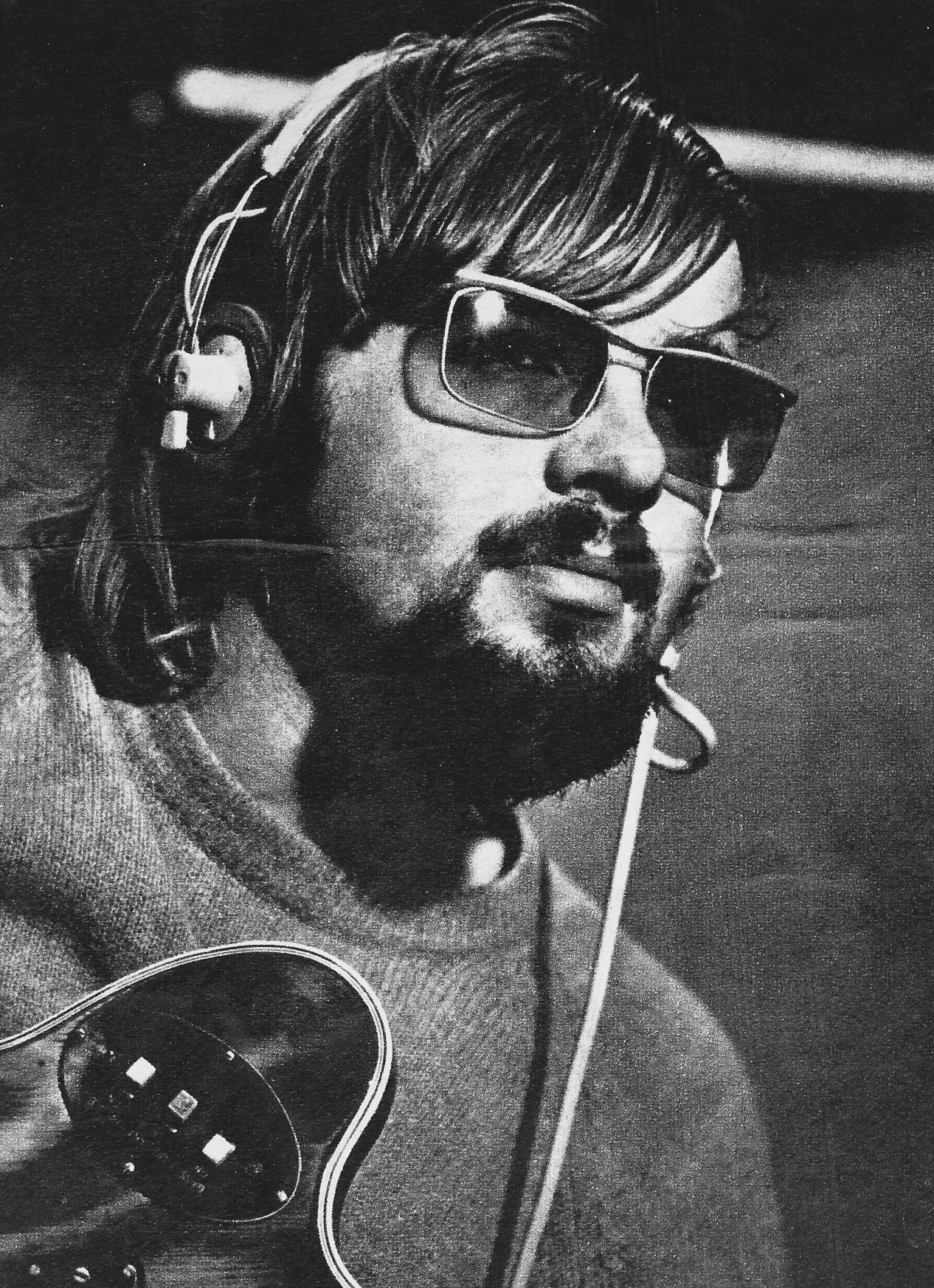
“We did it differently”
How do you feel about the fact that people all over the world still listen to and enjoy your music?
Joop Roelofs: I find it incredibly rewarding, after 45 years, that a small group of music lovers are still discovering Q65.
What influenced you?
The Everly Brothers, Ricky Nelson, and Freddy Cannon. We were poor, so I could only afford to buy three singles a year.
Q65 was formed in early 1965 when guitarists Joop Roelofs and Frank Nuyens decided to start a band with singer Willem Bieler. The lineup was completed by bass player Peter Vink and drummer Jay Baar. Were you in any bands before Q65?
No, Willem and I were rookies. Willem had never sung before, and I couldn’t even tune a guitar.
I would like to know how you remember your first sessions with the band?
We started rehearsals in the waiting room of a doctor beneath my parents’ home. The name Q65 was already present before the band started. I did a combination of ‘Route 66’ and ‘Suzy Q,’ both Stones covers.
You released three 45s for Decca in 1966 and soon recorded an LP.
After five months of live performances, Decca approached us. Our first recording was an audition but was released without us knowing. We found out by hearing it on the radio.
Your debut ‘Revolution’ was released in 1966.
In those years, Dutch bands released albums mainly as compilations of their singles. We did it differently; we wanted people to know we could handle all kinds of music styles, not just the Q-sound.
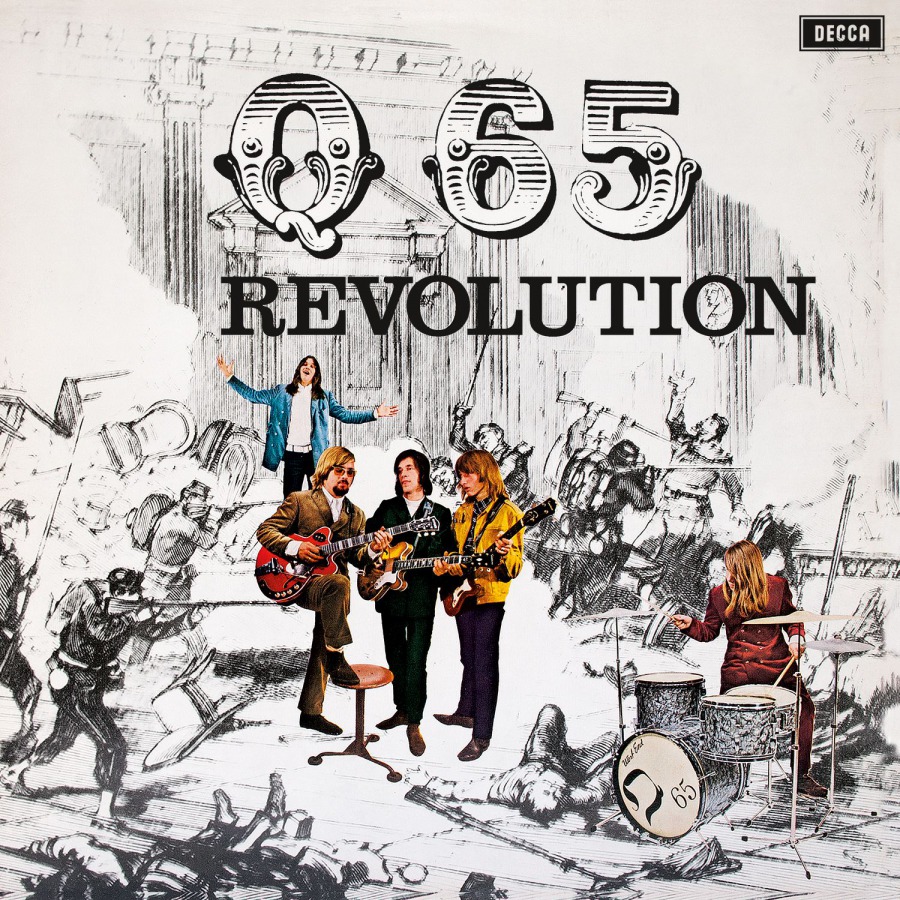
Do you know how many copies were pressed?
‘Revolution’ was the first album. It should have gone gold, but we were at war with the record company (Philips).
How was touring going for you?
Traveling was hell. We were involved in two fatal road accidents, and sometimes we had to do three gigs a day all over Holland. Sometimes, stepping into the van, we told the manager we would only do two, forcing him to cancel one of them that same day. There was always a lot of violence in the audience wherever we performed, which gave us a bad reputation and less work. Nobody had the guts to book us.
What happened next?
When it became clear Willem wanted to join the army, Frank, Jay, and I decided we wanted a sequel to Q65 in a psychedelic way. We did some recordings as Circus (never released), but as I didn’t like this freaky stuff, I left the band and had to live on social security.
In 1969, you released ‘Revival.’
I was not involved in the release of this album, didn’t even get a copy. Everything we recorded is owned by the record company, so they can do as they like without asking us. They make the track list just to make some more money. I have advised people not to buy our latest compilation CD; I feel ashamed about some bad recordings. To explain: sometimes we recorded a joke for the B-side, as nobody would listen to that.
With your next album called ‘Afghanistan,’ your style changed a bit. This was the first LP that was not released on Decca, but on Negram Records.
The live recordings were made at a venue where you could buy Afghanistan hashish.
‘We’re Gonna Make It’ was your last LP. What happened next?
Willem was terrible again, out of control, and Frank broke a leg in a football game, so we decided to change the lineup.
After a long hiatus, you decided to record again, releasing ‘Trinity’ and ‘Revolution 2002.’
‘Revolution 2002’ is the same story as ‘Revival.’ Willem was dead and cremated in 1997. We contributed to a TV special on classic albums ‘Revolution.’ So, Willem decided he wanted an unplugged CD to make some money as a result of the success of that TV special.
What are some of your future plans?
I’m planning to retire, hahaha. I’m 67 years old now, but my liver is still going strong, hahaha!
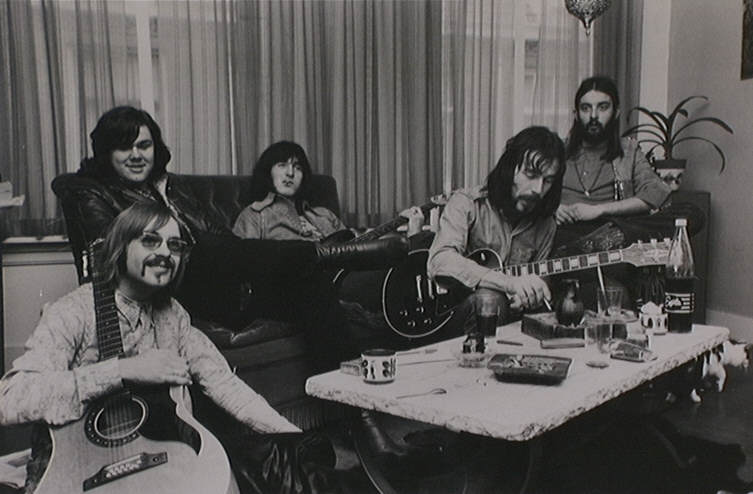
Would you like to share anything else?
Live your life and abide by the Ten Commandments, hihihi.
Klemen Breznikar
Headline photo: Q65 | Promotional photo
All photo materials are copyrighted by their respective copyright owners, and are subject to use for INFORMATIONAL PURPOSES ONLY!

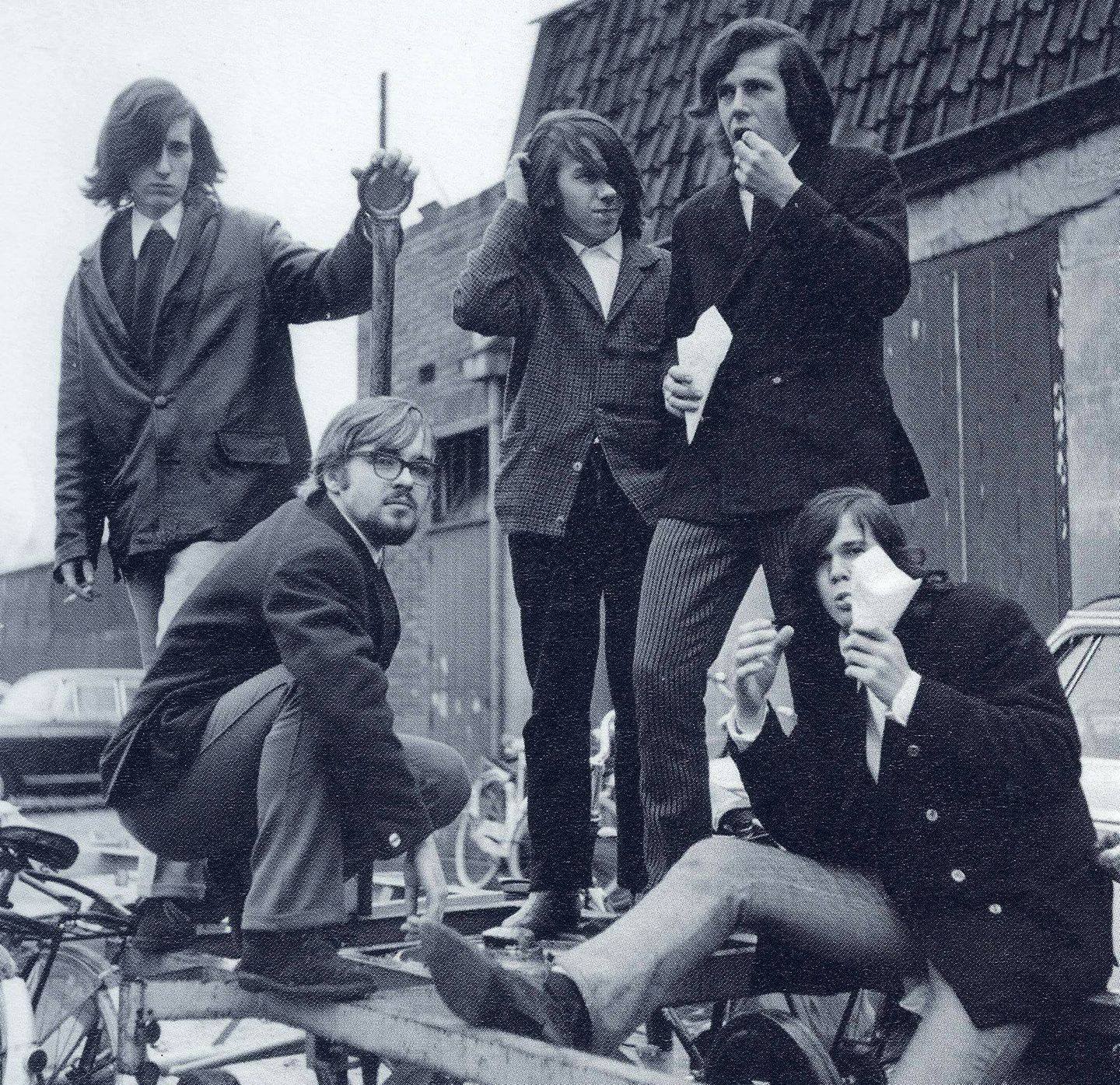
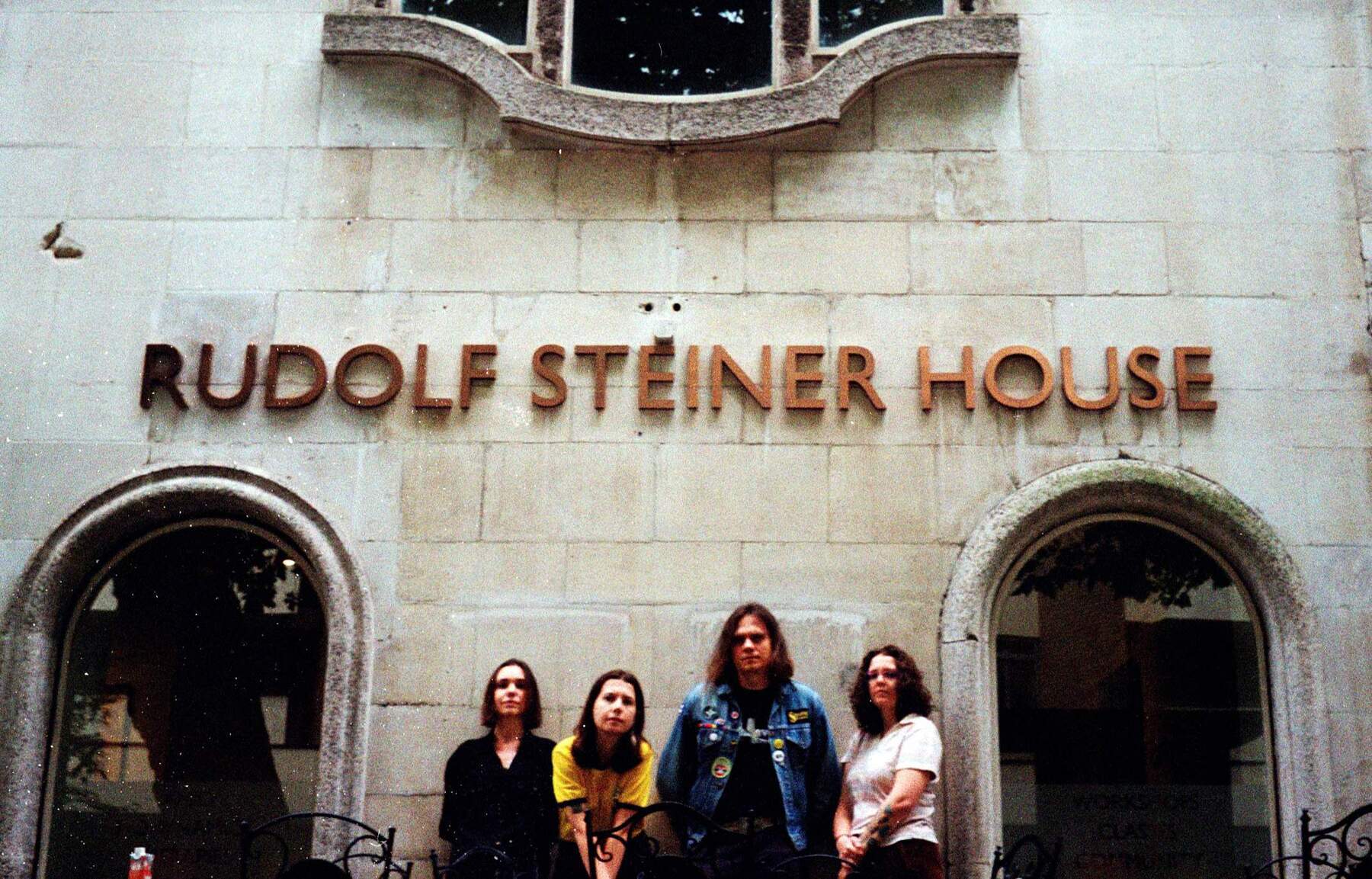
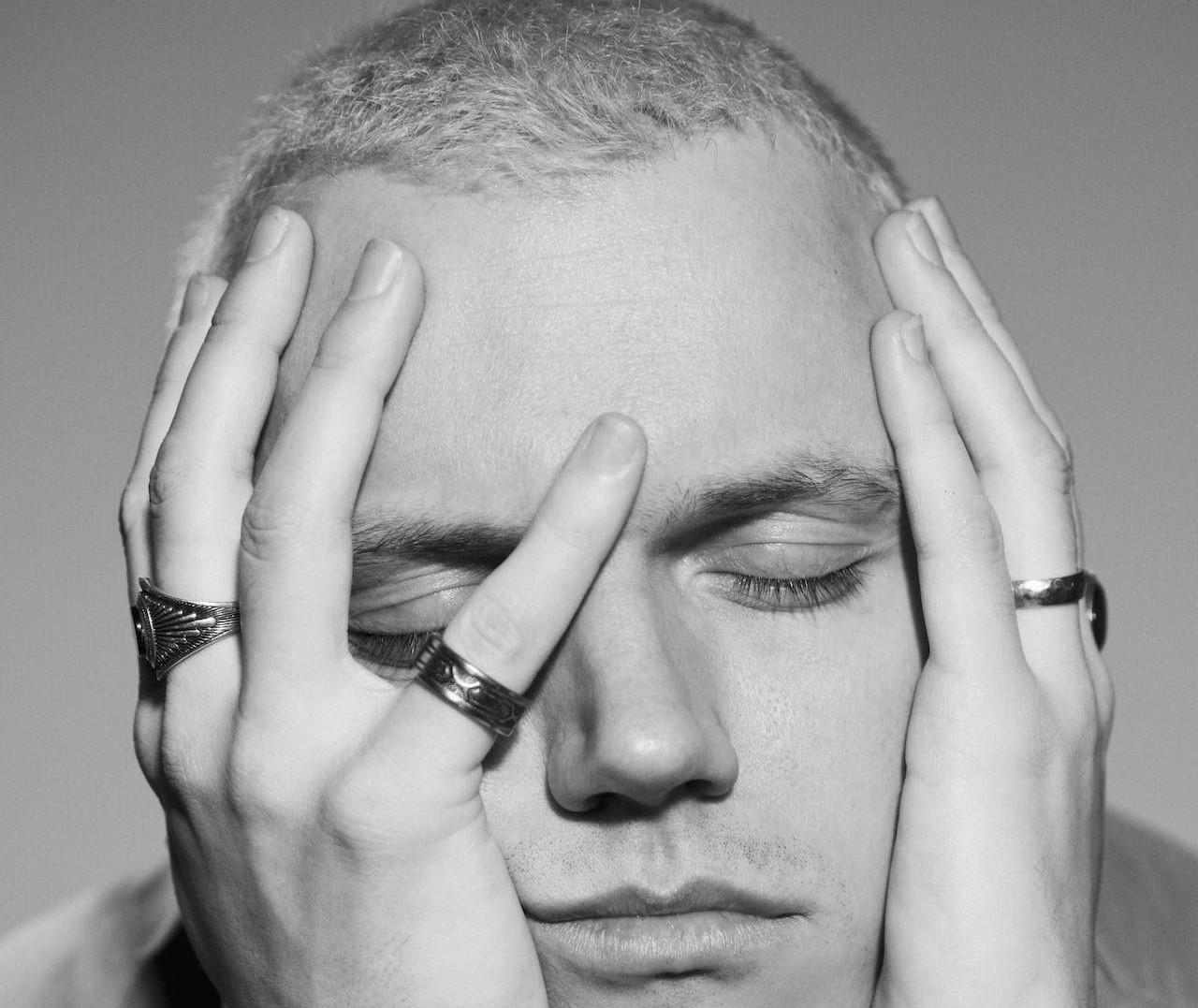
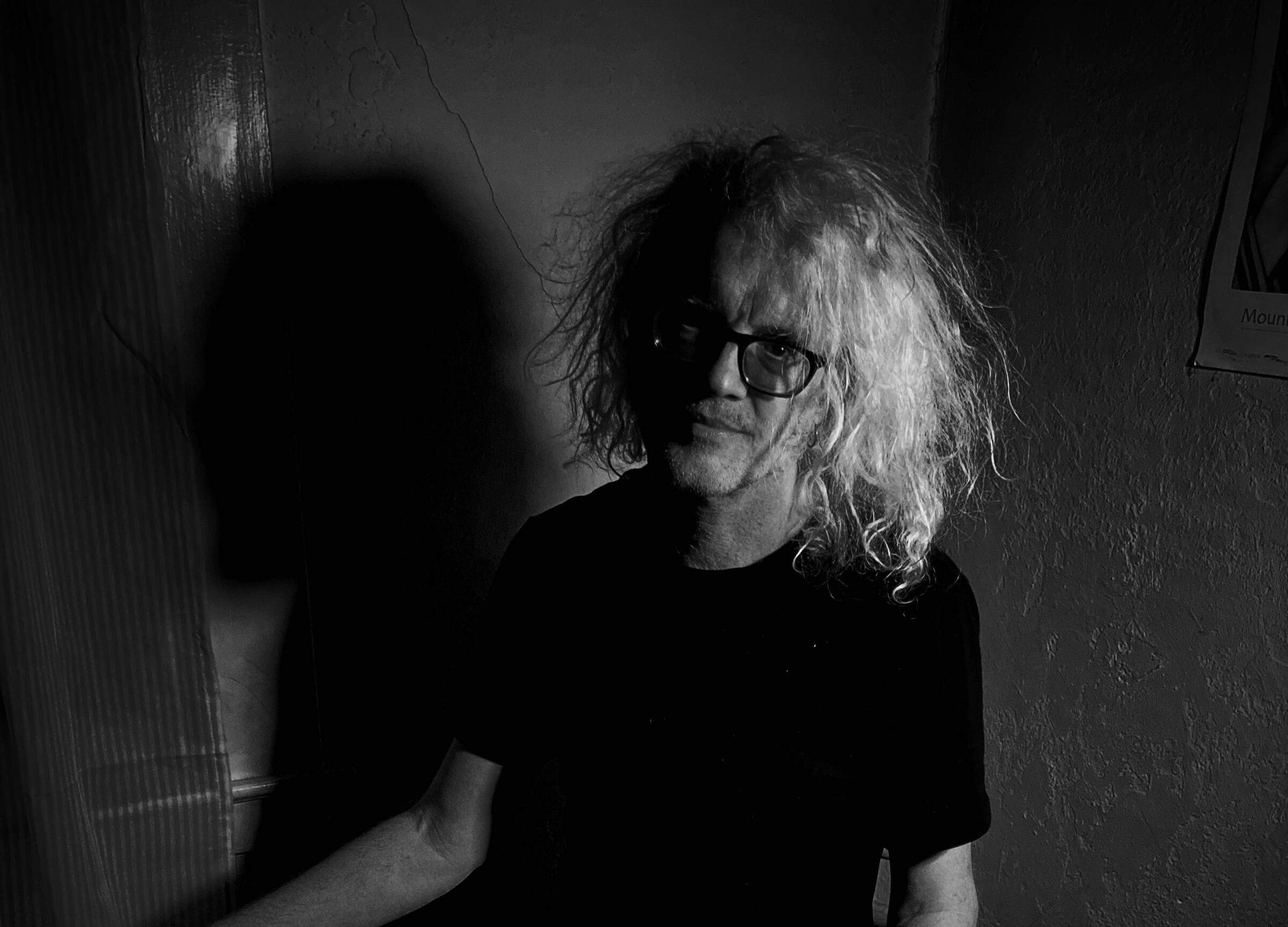
a great interview with Frank, very nice reading!!